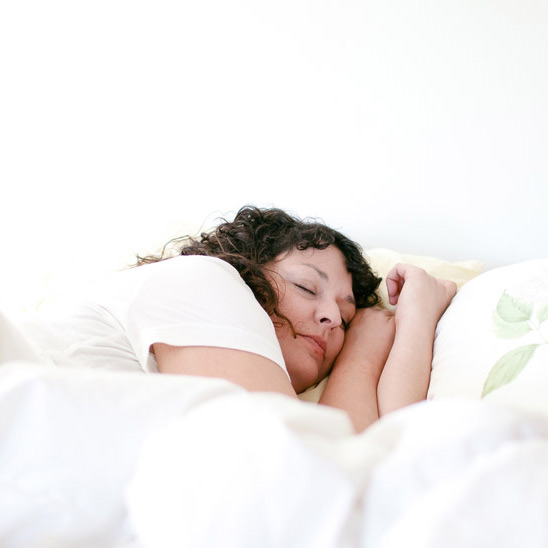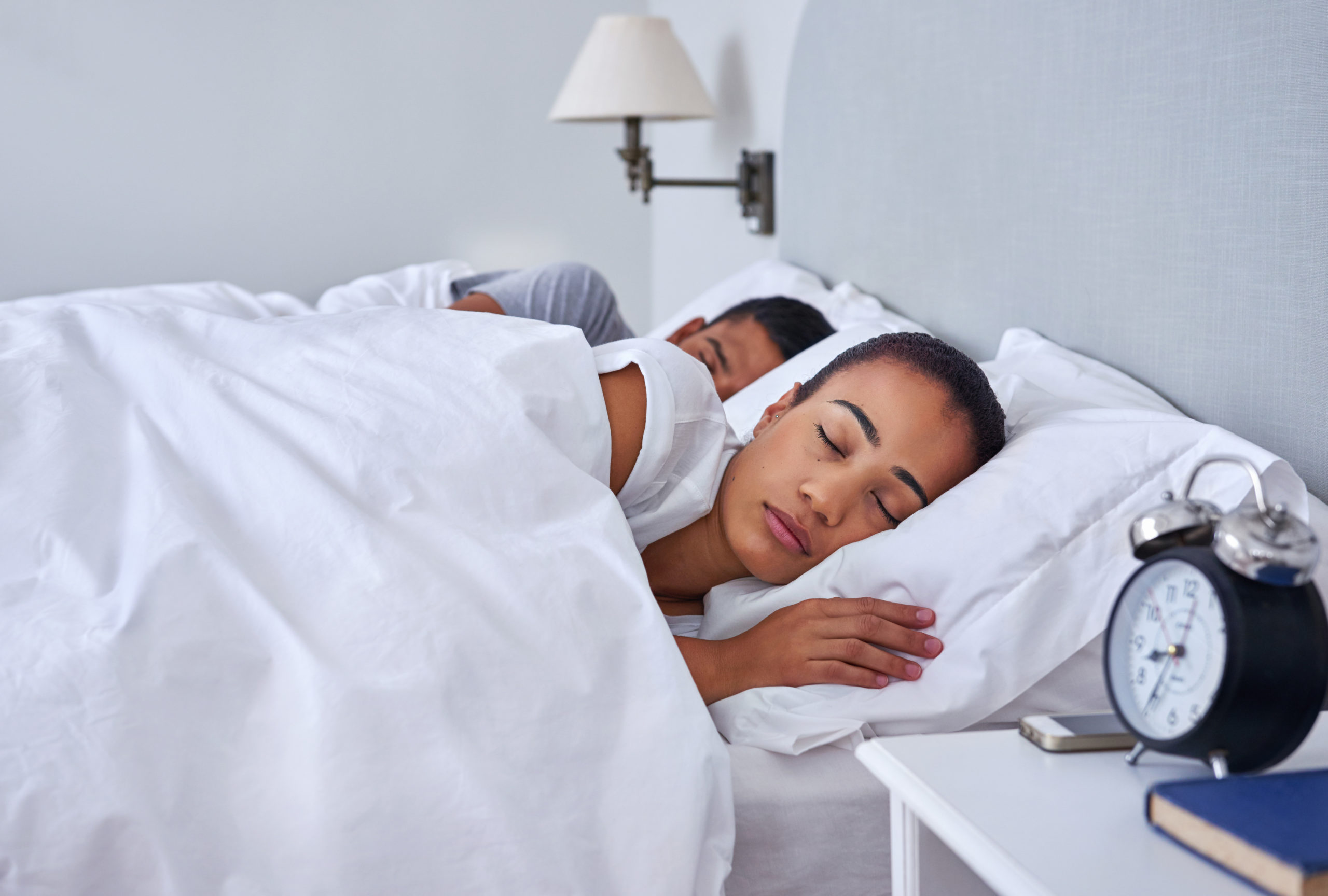These are signs that it might be time to consider a sleep study for sleep apnea.
Feeling tired during the day? Excessively tired, even after a night’s sleep? That and loud snoring at night could be signs of a bigger problem.
Sleep is so crucial to health and well being, and sleep apnea is a serious interruptor that can have serious consequences.
“Oftentimes, we can diagnose somebody with sleep apnea just by taking a history,” Beth Malow, M.D., director of the Vanderbilt Sleep Center, “Loud snoring and daytime sleepinesses without any other reason why they should be sleepy is pretty much diagnostic of sleep apnea. Sometimes we have to dig a little deeper, so in many cases we really need to do a sleep study to know for sure.”
In this video interview, Malow answers questions about sleep apnea: What is it? What causes sleep apnea? Who gets it? What can you expect from a sleep study? And what are the treatments?
General tips for better sleep
Most of us could use more rest. Read these related My Southern Health posts for other ideas on how to get a get night’s sleep and why it’s important:
Busy? Why you should always put sleep first
Skimping on sleep shortchanges your health
How your sleep habits are making you tired
Minor changes in your sleep schedule could have big consequences
9 habits that wreck sleep
Not sleep well? It might be your diet
How much sleep do children need?
What to know about children and melatonin


If you have lingering sleep issues, talk with your healthcare provider about finding a sleep disorder program. Vanderbilt’s Sleep Disorders Center can help.


